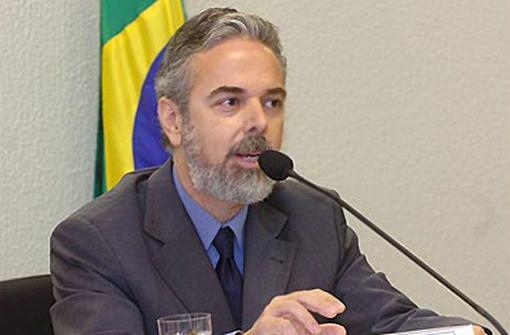BRASILIA, (Reuters) – Brazil plans to hire 6,000 Cuban doctors to serve in remote parts of the country where medical services are deficient or nonexistent, despite controversy over the quality of their training.
Brazilian Foreign Minister Antonio Patriota said today negotiations were under way involving the Washington-based Pan-American Health Organization (PAHO) to allow the Cuban doctors to practice in Brazil.
Brazilian medical associations have opposed Cuban-trained doctors practicing in their country, arguing that standards at Cuba’s medical schools are lower than in Brazil and equivalent in some cases to a nursing education in Brazil.
Over the past decade Cuba’s communist government has sent 30,000 doctors to work in poor neighborhoods of Venezuela, Havana’s closest political ally in Latin America, under an agreement reached with the late Venezuelan leader Hugo Chavez that involved an exchange of medical services for cheap oil.

The Cubans are expected to be sent to poor corners of the Northeast of Brazil and the Amazon jungle where Brazilian doctors are reluctant to serve.
“Cuba is very proficient in the areas of medicine, pharmaceuticals and biotechnology and Brazil is considering receiving Cubans doctors in talks that involve PAHO,” Patriota said at a news conference with Cuban Foreign Minister Bruno Rodriguez.
Patriota said the plan would strengthen ties between Cuba and Brazil that have expanded since the leftist Worker’s Party came to power a decade ago.
He announced that Brazil will finance the modernization of five airports in Cuba, where Brazilian construction conglomerate Odebrecht is already building a container terminal at the port of Mariel.
Earlier today in Havana, Brazil’s Trade Minister Fernando Pimentel signed an agreement setting conditions for a $176 million loan from its giant development bank BNDES to upgrade and expand the airports of Havana, Santa Clara, Holguin, Cayo Coco and Cayo Largo.









